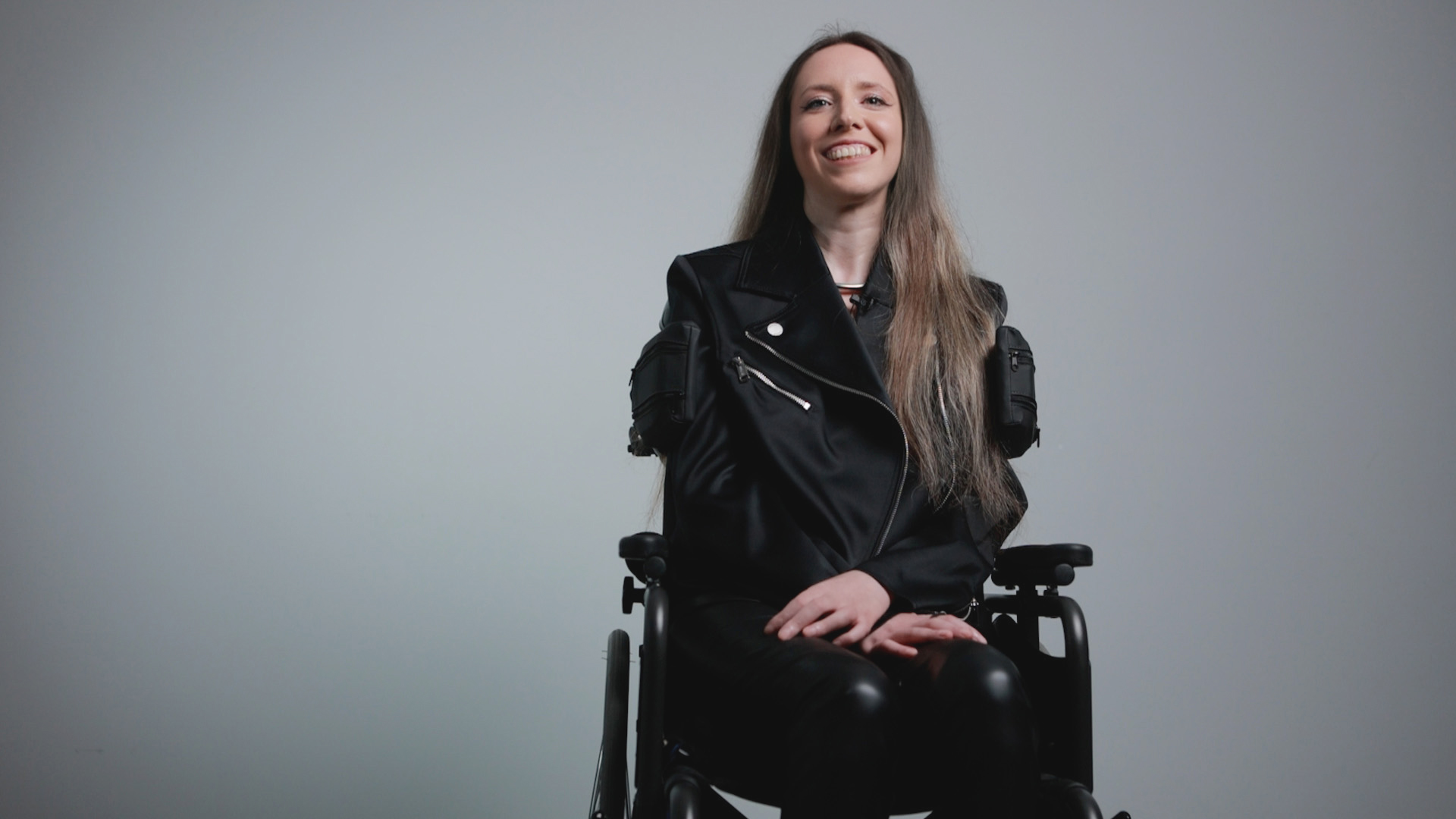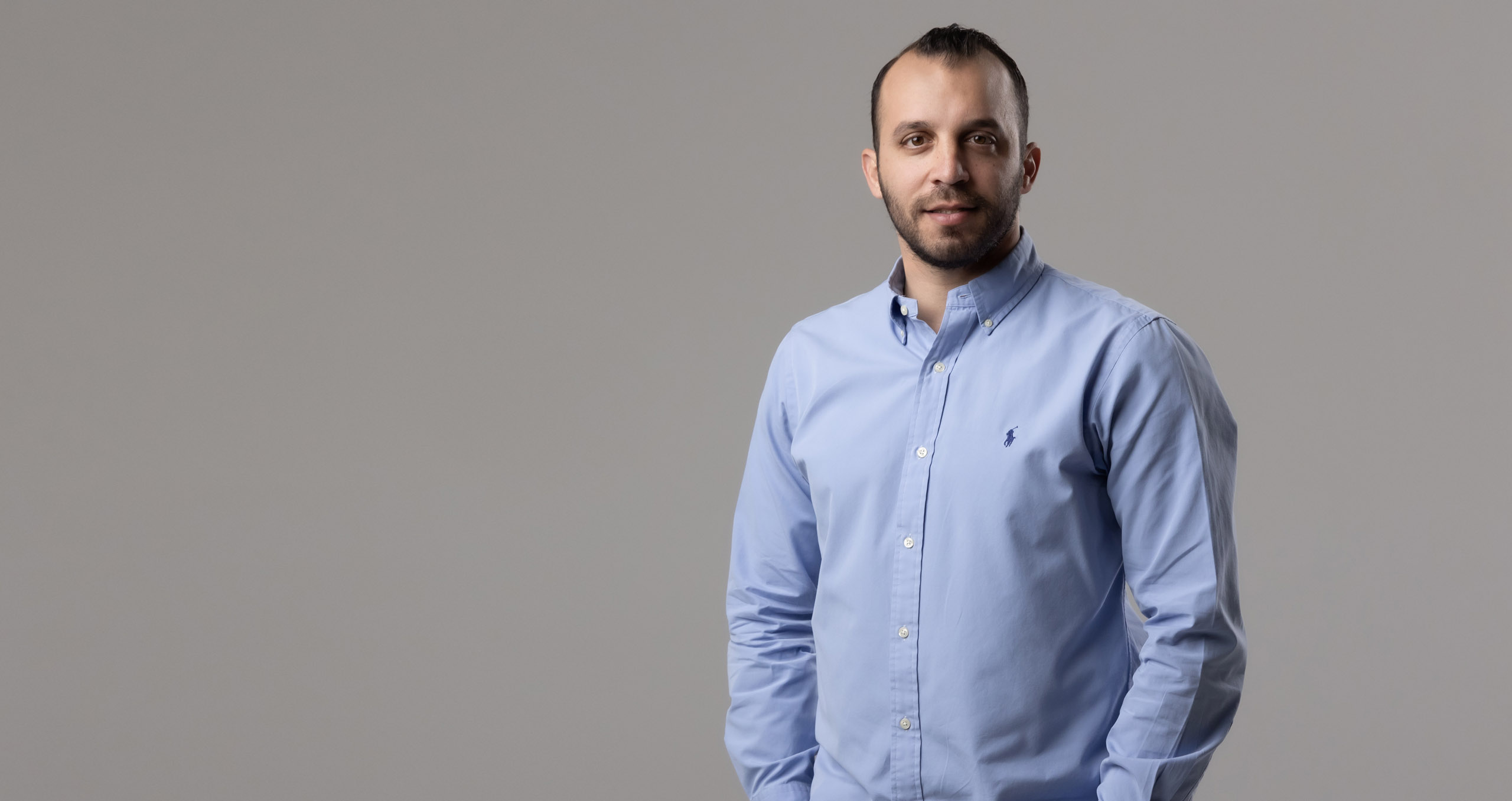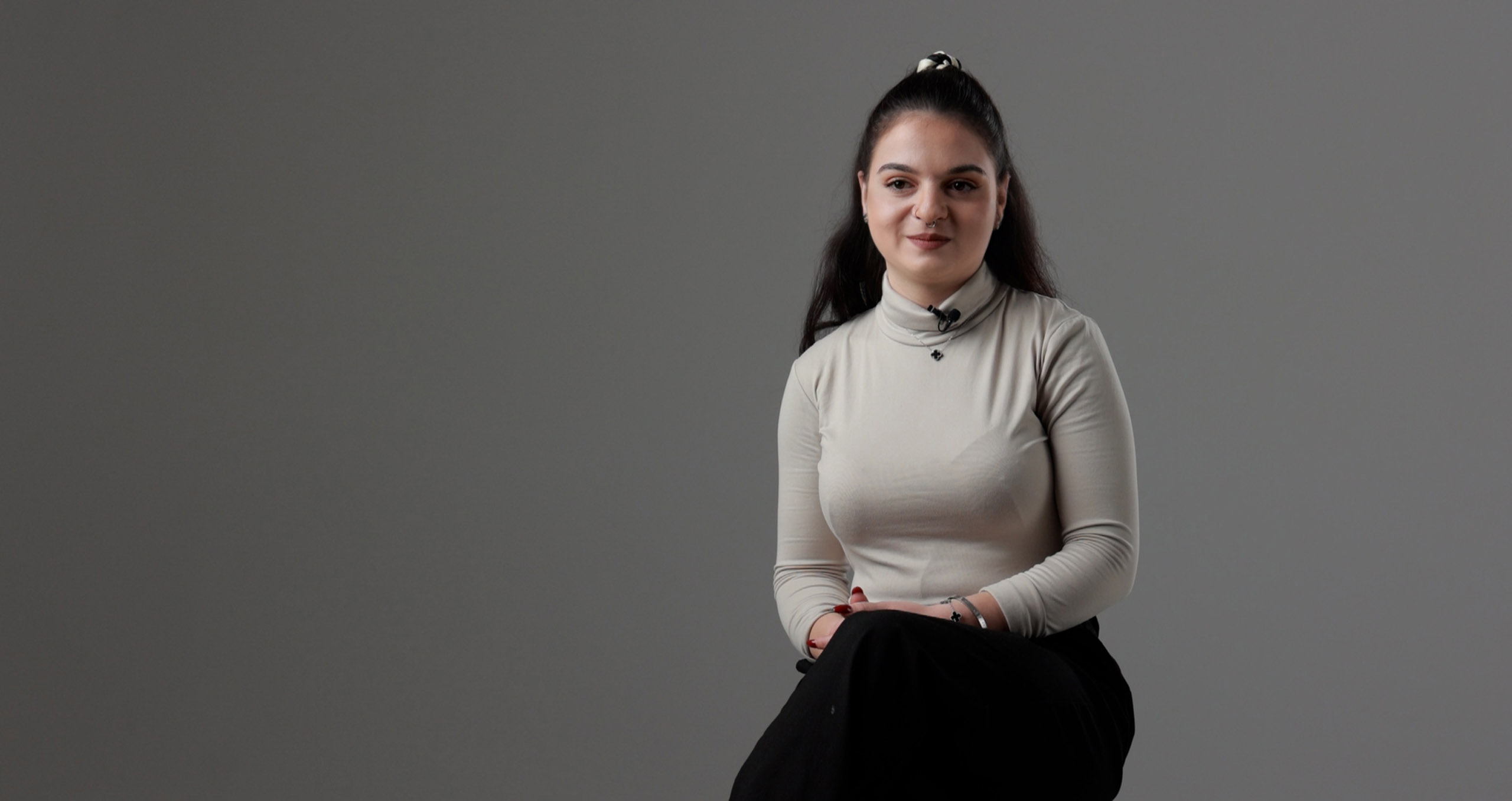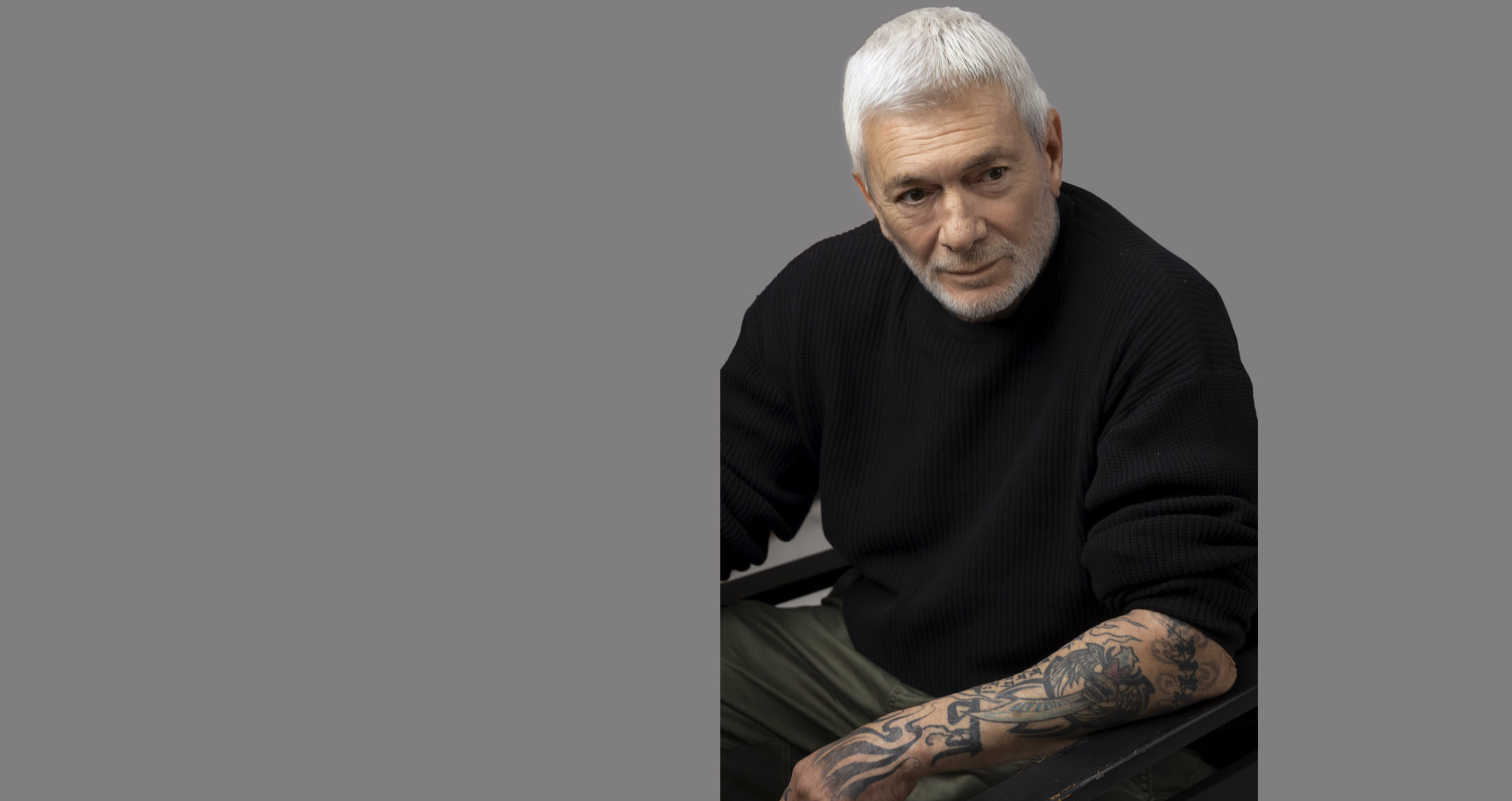“We were strangers at times for her in the house”
Aristoula / Alzheimer’s Caregiver
Aristoula / Alzheimer’s Caregiver
Alzheimer’s disease (AD) is a neurodegenerative disease that usually starts slowly and progressively worsens, and is the cause of 60–70% of cases of dementia.The most common early symptom is difficulty in remembering recent events. As the disease advances, symptoms can include problems with language, disorientation (including easily getting lost), mood swings, loss of motivation, self-neglect, and behavioral issues.As a person’s condition declines, they often withdraw from family and society. Gradually, bodily functions are lost, ultimately leading to death. Although the speed of progression can vary, the typical life expectancy following diagnosis is three to nine years No treatments can stop or reverse its progression, though some may temporarily improve symptoms. Affected people become increasingly reliant on others for assistance, often placing a burden on caregivers. As of 2020, there were approximately 50 million people worldwide with Alzheimer’s disease Individuals with Alzheimer’s will require assistance in their lifetime, and care will most likely come in the form of a full-time caregiver which is often a role that is taken on by the spouse or a close relative. Caregiving tends to include physical and emotional burdens as well as time and financial strain at times on the person administering the aid. Alzheimer’s disease is known for placing a great burden on caregivers which includes social, psychological, physical, or economic aspects. Dementia caregivers are subject to high rates of physical and mental disorders.










